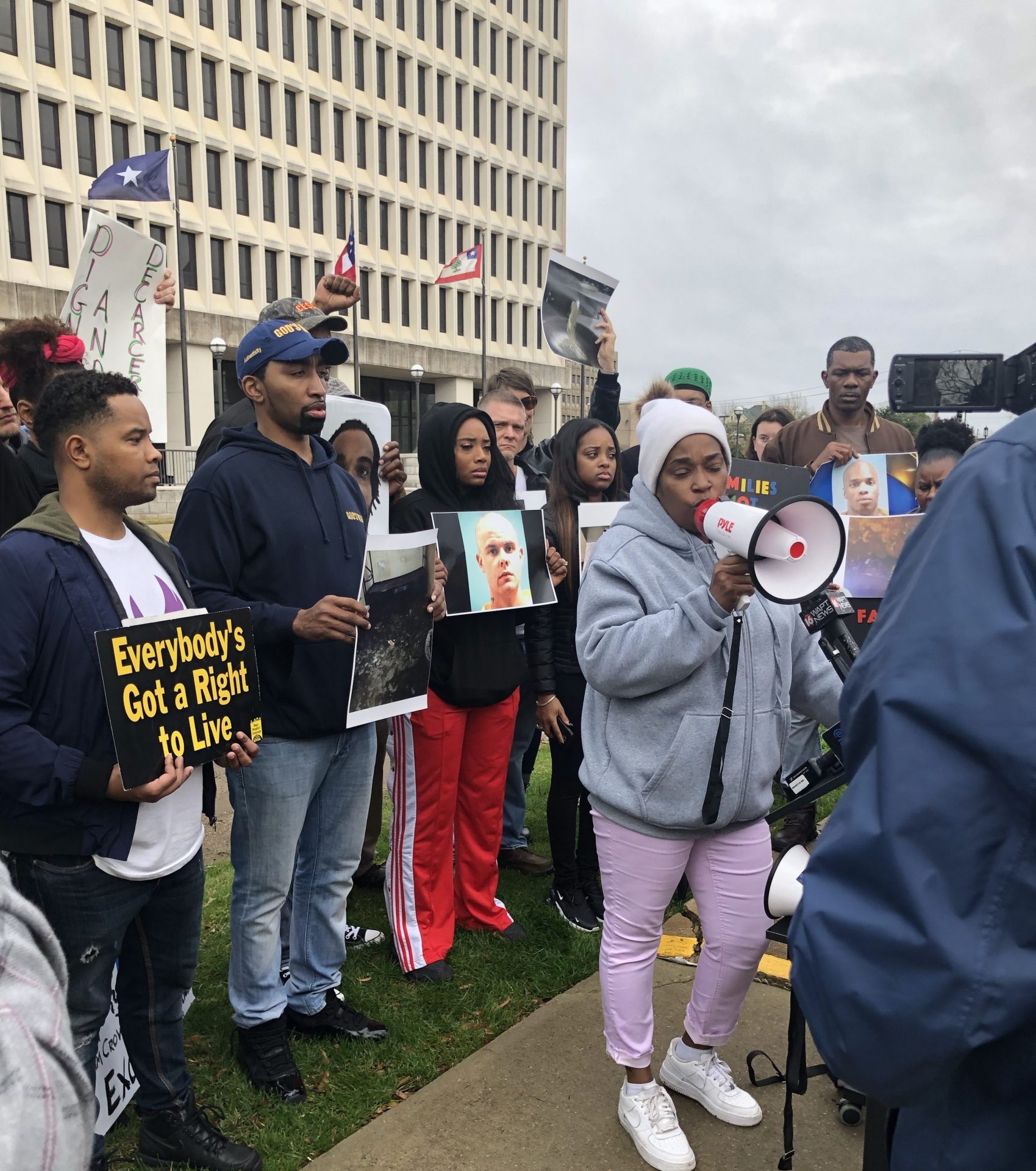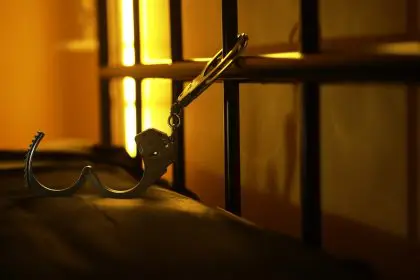Prison relationships, while controversial, occur with surprising frequency in correctional facilities across the country. According to recent studies, thousands of inmates marry while incarcerated each year, with relationships forming through various channels. Understanding how these connections develop provides insight into a complex social phenomenon that impacts numerous lives and families.
Initial contact methods
Male inmates primarily establish contact with women through several regulated channels, each with specific rules and restrictions:
Traditional correspondence Prison-approved pen pal services facilitate initial connections between inmates and outside correspondents. These services require inmates to submit detailed profiles that undergo security screening before posting. Women can review these profiles, which typically include information about the inmate’s background, interests, and reason for seeking correspondence. All letters pass through security checks, with restrictions on content, photographs, and enclosures. Many facilities limit the number of pen pals an inmate can maintain to prevent potential scams or manipulation.
Digital platforms While direct social media access remains prohibited, many modern prisons implement secure digital communication systems. These platforms offer monitored email exchanges, with messages typically costing $0.25 to $1.00 per message. Video messaging services, where available, often require scheduling and additional fees. Some facilities provide limited tablet access for educational programs and controlled messaging, though costs can be substantial.
Phone communications Inmates can make monitored phone calls to approved numbers during designated hours. Calls typically cost between $0.21 and $0.25 per minute, with some facilities charging additional connection fees. Video calling options, now available in many prisons, require pre-scheduling and can cost up to $12.99 for a 25-minute session. All communications undergo recording and monitoring for security purposes.
Building relationships
Prison relationships develop through distinct phases, each presenting unique challenges:
Initial correspondence phase
- Regular letter exchange establishes basic connection
- Partners share personal histories and interests
- Communication boundaries and expectations are set
- Trust develops through consistent interaction
- Background checks often occur during this period
- Facility rules regarding correspondence are strictly enforced
Deepening communication
- Regular phone calls supplement written correspondence
- Video calls may become available based on privilege level
- In-person visits begin if permitted by security classification
- Emotional bonds strengthen through multiple contact forms
- Support networks often develop among families
- Financial commitments increase with communication frequency
Marriage process requirements
Getting married while incarcerated involves navigating complex procedures:
Legal requirements
- Both parties must meet state eligibility criteria
- Prison administration approval requires extensive paperwork
- Background checks mandatory for outside partner
- Marriage license applications follow state-specific regulations
- Some states require counseling or waiting periods
- Financial responsibility forms may be necessary
Ceremony limitations
- Ceremonies must occur within prison facilities
- Guest attendance typically limited to 2-6 people
- Physical contact restricted to brief ceremony moments
- Time restrictions usually limit ceremonies to 1-2 hours
- Religious or civil officiants require advance security clearance
- Photography often prohibited or strictly controlled
Understanding motivations
Research indicates various reasons why women pursue relationships with inmates:
Common factors
- Desire to support rehabilitation and reform
- Previous connection before incarceration
- Shared religious or spiritual beliefs
- Introduction through family or friends
- Interest in prison reform or advocacy work
- Professional or volunteer work in corrections
- Online support group connections
Relationship challenges
Prison relationships face significant obstacles requiring careful consideration:
Communication barriers
- Limited contact opportunities, often 2-3 visits monthly
- Phone costs averaging $200-300 monthly
- Restricted visiting hours, typically weekends only
- All communications subject to monitoring
- Distance and travel requirements for visits
- Emergency contact restrictions
Practical considerations
- Monthly support costs often exceed $500
- Limited physical contact during visits
- Extended separation periods
- Complex family dynamics and social stigma
- Uncertain release dates and conditions
- Employment and housing challenges post-release
Legal implications
Important legal aspects affect these relationships throughout their duration:
Marriage rights
- Constitutional right to marry protected by law
- Facilities must provide reasonable accommodation
- State laws vary regarding ceremony requirements
- Some restrictions apply based on sentence type
- Property and financial rights considerations
- Power of attorney and medical directive options
Support resources
Several support systems exist for those navigating prison relationships:
Available assistance
- Prison family support groups in major cities
- Online communities offering practical advice
- Legal advocacy organizations for inmates’ rights
- Counseling services specializing in prison relationships
- Financial planning resources for families
- Reintegration support programs
- Mental health services for partners
Regular evaluation of the relationship’s progress, challenges, and future prospects helps couples maintain realistic expectations while building toward their goals. Success often depends on both partners’ commitment to open communication, financial planning, and personal growth throughout the incarceration period.
This story was created using AI technology.














